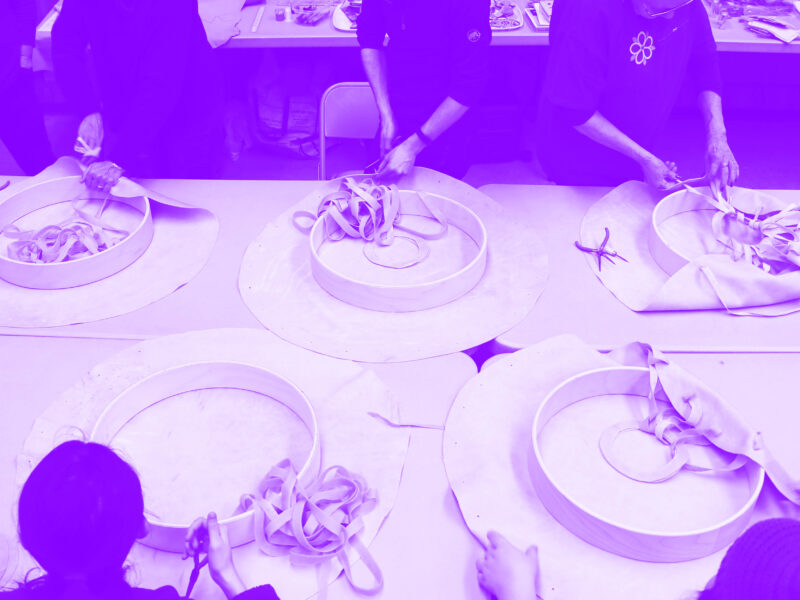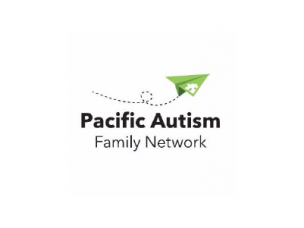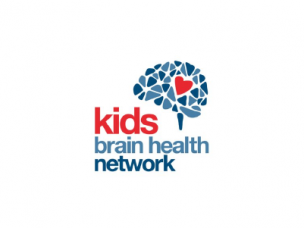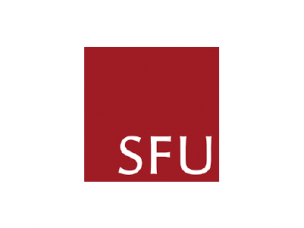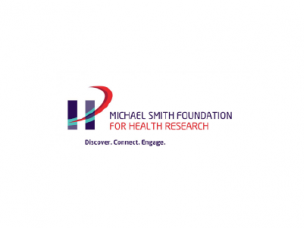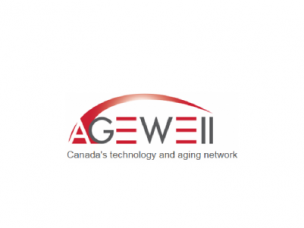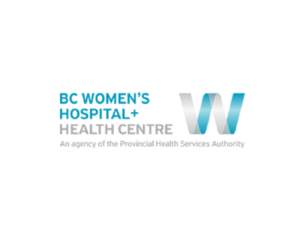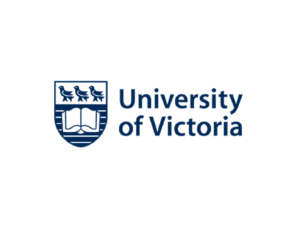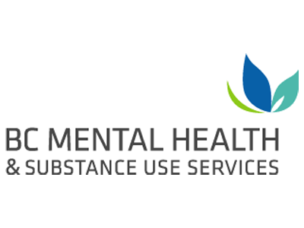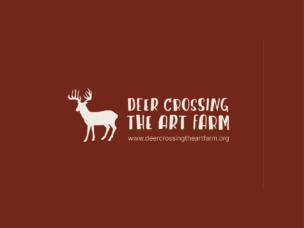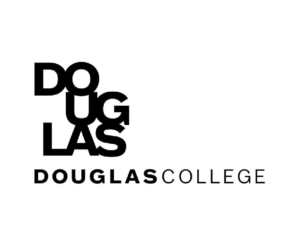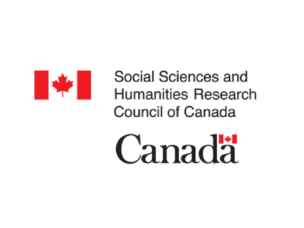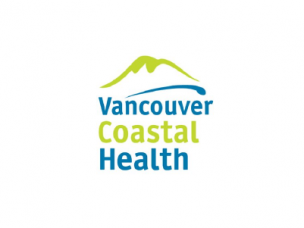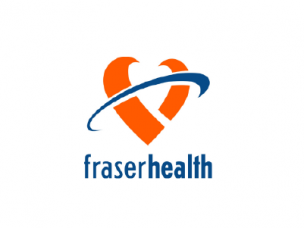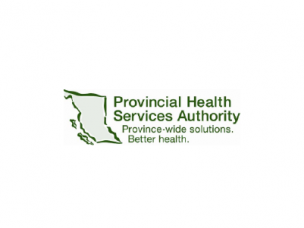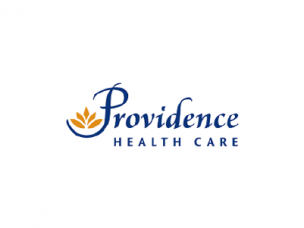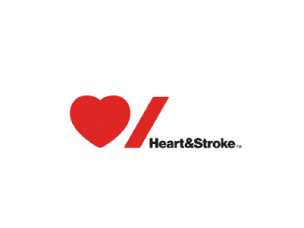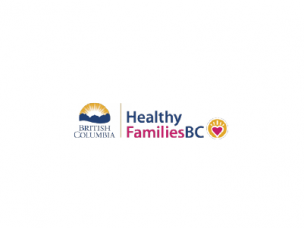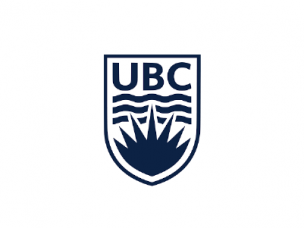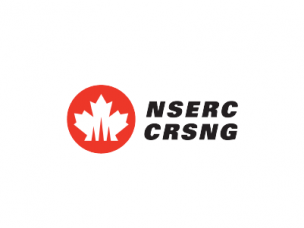Cultural Connections: An Immersive Approach to Cultural Safety Education
How can we improve cultural safety education for health care practitioners through a Indigenous-led community-based approach?
Cultural Connections explores how Indigenous-led arts and material practice workshops can foster open dialogue between healthcare students and Indigenous community members in the Lheidli T’enneh and surrounding areas (Prince George, BC). The format is a 2.5-day workshop which combines teachings about Indigenous histories, injustices, and the current state of systemic racism, with local and culturally relevant teaching and making activities; drum making, beadwork, moose hair tufting, and rattle-making led by Indigenous artists, with an intentional focus on engaging local artists and community members, where possible.
The project team includes Indigenous leaders from the Aboriginal Gathering Place at Emily Carr University and the College of New Caledonia, designers and researchers from the Health Design Lab, external consultants working in healthcare and community planning, and Indigenous artists.
Engagement Approach & Workshop Model
Currently, most cultural safety education programs are developed specifically for healthcare practitioners or students. This workshop model brings healthcare students and Indigenous people together as co-participants for the purpose of shared learning for mutual benefit. Key to the workshop experience has been the inclusion of local artists, knowledge holders, and cultural advisors from the Lheidli T’enneh territory.
The workshop model is 2.5 days with approximately 20 participants, where the team strives for an equal distribution between Indigenous community members and health care providers. The workshops follow a loosely structured agenda, that relies heavily on the make-up of participants in the room, to facilitate rich and meaningful dialogue through a shared experience. The workshop is less of a teacher-student model, and more about a community coming together.
The workshops start with a brave space agreement, which is an entry-point into understanding Indigenous led mechanisms. The general rhythm for each of the days comprises convening (bringing a diverse group of people coming together in a shared space), gathering in a sharing circle (an Indigenous method for oral knowledge sharing which creates a structured space where participants felt safe and welcome to be open and vulnerable) and resting through making (a chance to digest what was shared through an embodied experience of connecting to cultural material practices), and reflecting (moments of self-reflecting and continued learning after the workshop).
Knowledge holders lay a foundation of learning that the group could build off of in the sharing circles and discussions throughout the weekend, by introducing important historic information, as well as personal and contemporary stories of how indigenous people and communities are still impacted today. Learning came from hearing each other’s lived experiences and perspectives. These stories showed how the impacts of residential schools are still very much a part of the current lived experience of Indigenous people today. Through sharing personal stories and the shift between talking and making, the workshops create space for reflections on: allyship and advocacy, courage and authenticity, and learning through embodied experiences. This workshop model provides a culturally immersive experience that shifts away from a deficit-based perspective of Indigenous culture. Indigenous participants were not limited to sharing stories of trauma, but able to share a spectrum of themselves and their stories as present, as embedded and engaged members of their nations and communities.
“When I was making; the anxiety from the tough conversations was being let out through the making. Starting the day with serious discussions, and then during making I was thinking about what we were making, what ancestors used these things for, how to connect to the materials and items we made.”
We have piloted this workshop model four times — twice in person and twice online during the Covid-19 pandemic.
Knowledge Sharing
Project Publication: Lheidli, Where the Two Rivers Meet — Digital Publication
Article: Decolonizing cultural safety education in the healthcare system through cultural immersion in indigenous knowledge sharing & material practice – Design Research Society
Exhibit + News Story: Lheidli, Where the Two Rivers Meet – Two Rivers Gallery, Prince George
Exhibit + News Story: Lheidli, Where the Two Rivers Meet – Emily Carr University
Project Collaborators
Partners:
College of New Caledonia
Aboriginal Gathering Place, ECUAD
Two Rivers Gallery
Funder:
Systems Change Grant, Vancouver Foundation
Project Team:
Brenda Crabtree
Marlene Erickson
Darlene McIntosh
Violet Martin
Connie Watts
Zoe Laycock
Erin Finnerty
Nicole Preissl
Caylee Raber
Nadia Beyzaei
Jean Chisholm
Sari Raber
Timeline:
Jul 2019 – Sep 2022
